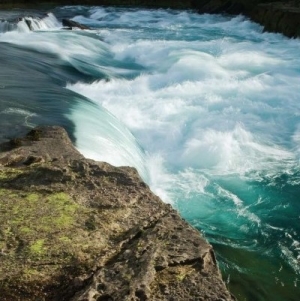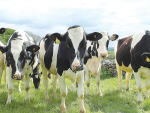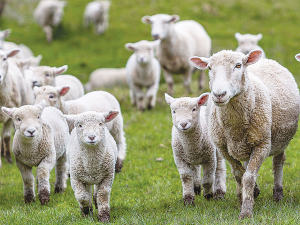CLIMATE CHANGE will bring flooding, wildfire and coastal damage to New Zealand – but also increased spring pasture growth in cooler regions, says a new international report.
"Without adaptation, further changes in climate are expected to have substantial impacts on Australia and New Zealand's water resources, coastal ecosystems, oceans, infrastructure, health and agriculture," says Dr Andy Reisinger of The New Zealand Agricultural Greenhouse Gas Research, who jointly prepared the chapter on New Zealand and Australia for the report.
The report, from the IPCC's Working Group 2, was released today (March 31) in Yokohama. It describes effects already being seen from changes in climate, the impacts expected for a range of possible future scenarios of greenhouse gas emissions, and ways of managing and reducing risks through adaptation.
The report says that globally, climate change has caused animals and plants to shift their ranges, seasonal activities, migration patterns and abundance.
Changing rainfall or melting snow and ice are affecting water resources and quality in many parts of the world. Negative impacts of climate change on crop yields have been more common than positive impacts. As temperatures rise, so does the risk of severe and pervasive impacts.
Sea level rise projected to occur through this century will lead to increasing flooding and erosion impacts for low- lying coastal areas.
For 1°C of warming, climate change related risks are high from extreme events such as heat waves, extreme precipitation (rain and snow), and coastal flooding. Without adaptation, negative impacts for crop production in many tropical and temperate regions are expected for local temperature increases of 2°C or more.
The fraction of the global population experiencing water scarcity will increase with the level of warming through the 21st Century.
Reisinger says " a key challenge for government is to identify when and where adaptation may have to go beyond incremental measures and more transformational changes may be needed, and how to support such decisions".
Several New Zealand scientists contributed substantially to the report, as well as Dr Reisinger. Professor Alistair Woodward of Auckland University was a Coordinating Lead Author for the Health chapter. Dr Andrew Tait of NIWA and Dr Paul Newton of AgResearch were Lead Authors of the Australasia chapter.
See www.ipcc.ch











